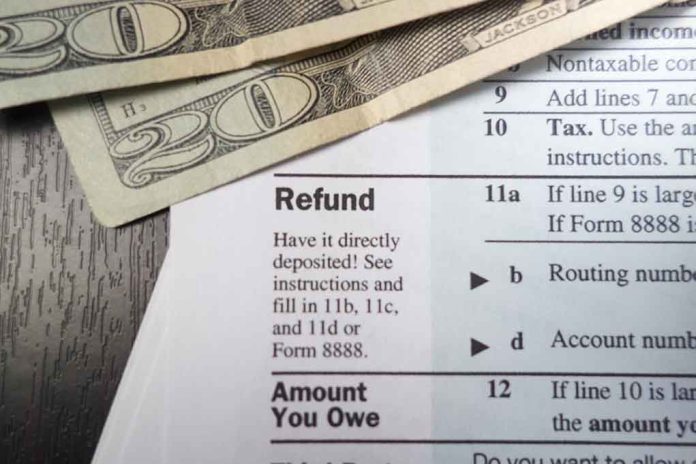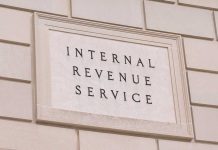
(IntegrityMag.com) – The Build Back Better agenda continues to cause furious disagreement between Democrats and Republicans in Congress. While lawmakers hammer out the details, essential services are starting to suffer without the funding the legislation promised to bring. The Internal Revenue Service (IRS) just issued an example of what that looks like in practice.
On Monday, January 10, the US Treasury Department and the IRS announced this year’s tax season would fall between January 24 and April 18. IRS Commissioner Chuck Rettig also revealed that taxpayers should expect slower service this year due to funding issues and staff shortages. The IRS was set to receive $80 billion from the Build Back Better plan; it planned to use the funds to hire new staff and improve measures for stopping tax cheats.
Officials are recommending that taxpayers file direct deposits online to avoid delays. They also implore filers to ensure all details on their returns are accurate before submission. Errors can result in lengthier wait times for some individuals.
The IRS expects to process payments according to this chart:
The IRS e-File open date is expected to be in late January 2022. However, in previous years, the IRS has accepted tax returns early or delayed the acceptance of returns, depending on technical issues. Here's a reasonable chart to use.
#finance #tax #refund #IRS #accounting pic.twitter.com/Q6FghbJk97— Xavier Epps (@FinanceGuyX) January 6, 2022
Of course, the real question is whether the passage of Build Back Better would genuinely do anything to remedy situations like this. Are the problems due to a lack of funding or simply procedural difficulties related to the pandemic?
Copyright 2022, IntegrityMag.com













